
Find A Professional
More Items From Ergsy search
-

What GCSEs or A-Levels do I need to become a nurse?
Relevance: 100%
-

What types of nursing degrees can I pursue?
Relevance: 90%
-

What are the basic educational requirements to become an NHS nurse?
Relevance: 86%
-

How can I become an NHS Nurse in the UK?
Relevance: 83%
-

What are the career progression opportunities for NHS nurses?
Relevance: 79%
-
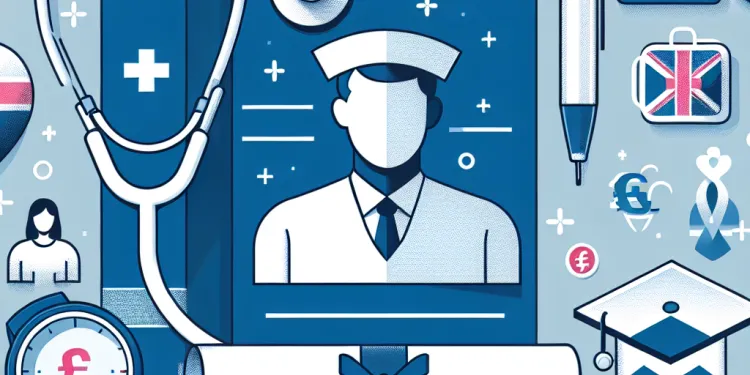
Can I become a nurse in the NHS with a nursing diploma?
Relevance: 74%
-
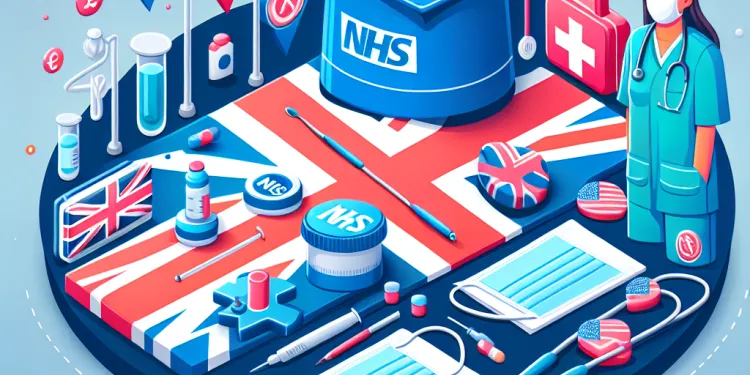
Are there any apprenticeship routes to becoming an NHS nurse?
Relevance: 69%
-

Is there a minimum age requirement to start nurse training?
Relevance: 60%
-

Can I become an NHS nurse if I have international nursing qualifications?
Relevance: 60%
-

How long does it take to become an NHS nurse?
Relevance: 59%
-
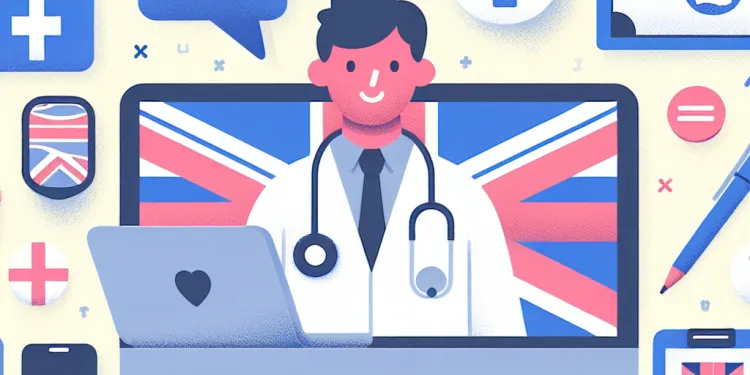
What support systems are available to NHS nurses for continuing professional development?
Relevance: 59%
-
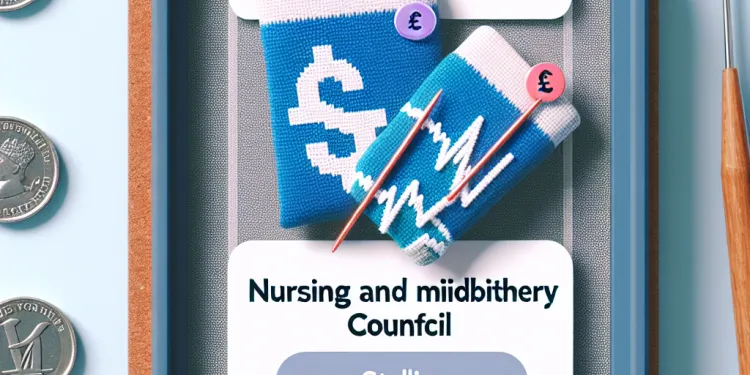
Do I need to be registered with the Nursing and Midwifery Council (NMC) to work as an NHS nurse?
Relevance: 58%
-

What skills are important for a career in nursing?
Relevance: 56%
-

What is the process for applying to a nursing degree course?
Relevance: 51%
-

How important is work experience for entering a nursing program?
Relevance: 48%
-

What funding options are available for nursing students in the UK?
Relevance: 47%
-
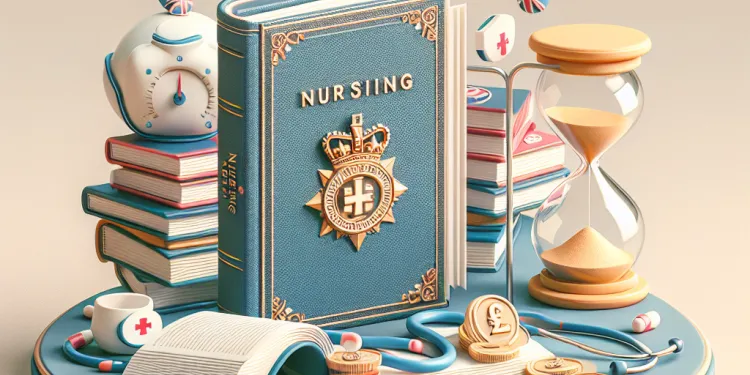
Is it possible to study nursing part-time?
Relevance: 43%
-

Can I specialize in a certain area of nursing with the NHS?
Relevance: 43%
-
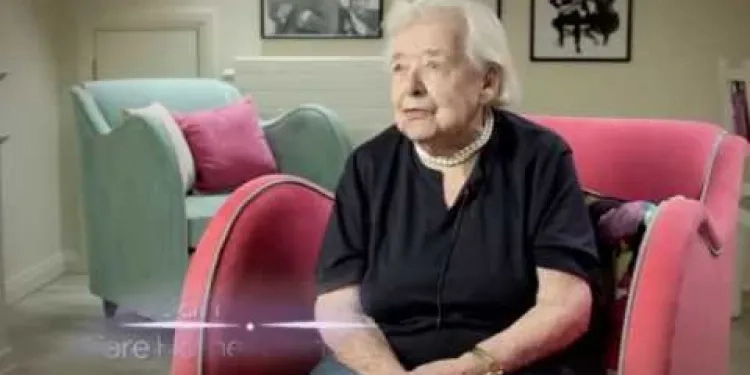
The role of residential and nursing homes
Relevance: 37%
-

How do I choose a good nursing home?
Relevance: 35%
-
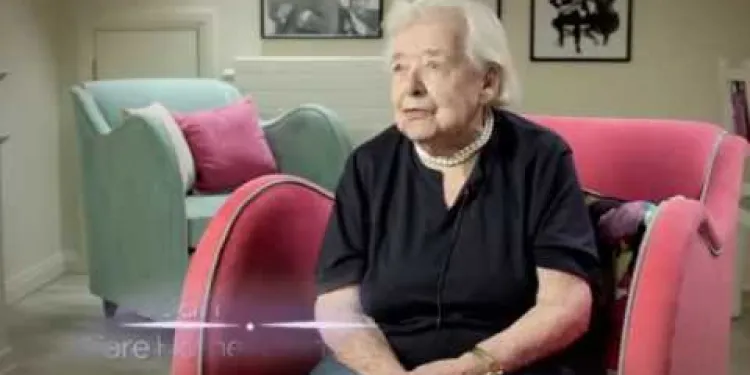
The role of residential & nursing homes
Relevance: 32%
-

How do I choose a good bursing home
Relevance: 32%
-
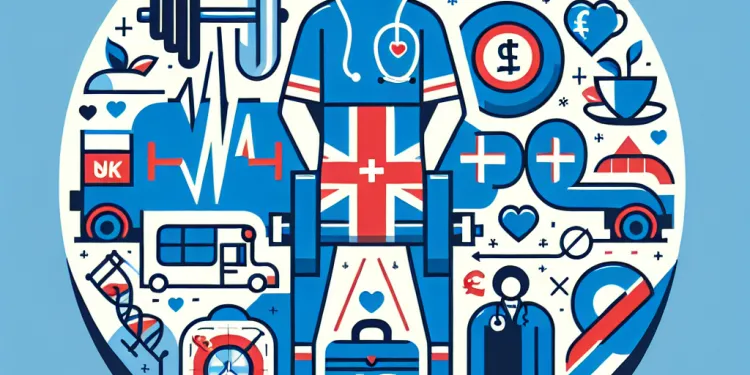
How physically demanding is a career in NHS nursing?
Relevance: 30%
-
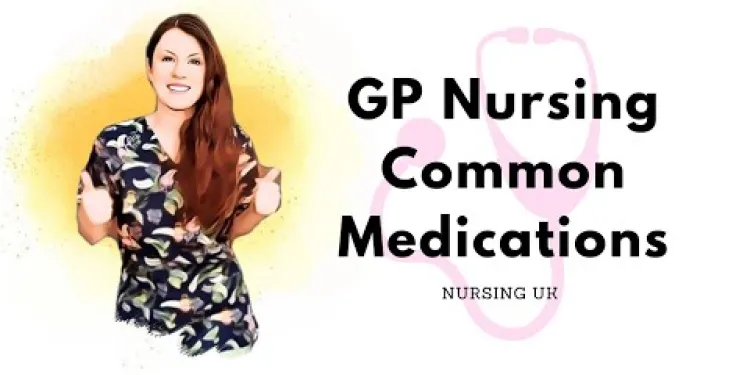
GP Nursing Most Common Medications UK.
Relevance: 29%
-

Can I attend open days to learn more about nursing programs in the UK?
Relevance: 20%
-
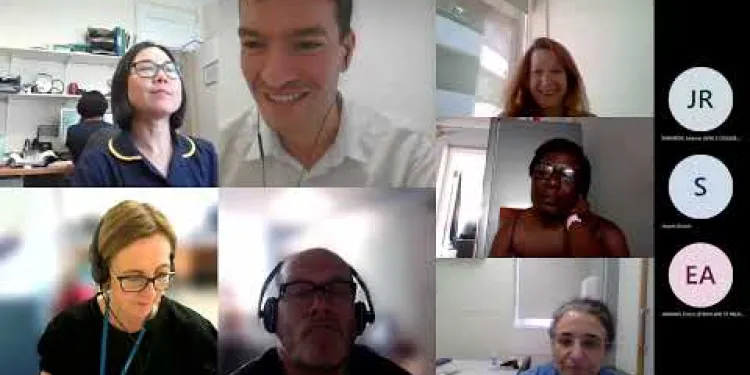
South London Arrhythmia Nurses Forum (16 June 2022)
Relevance: 18%
-

Who can administer Botox?
Relevance: 15%
-
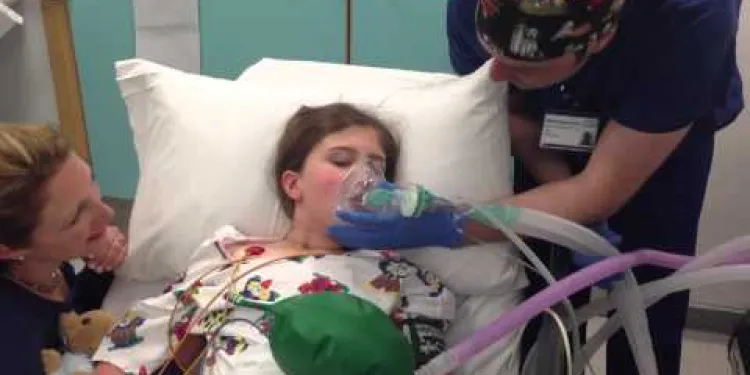
My General Anaesthetic: What's Going To Happen? Sarah's Story at Worcestershire Royal Hospital.
Relevance: 6%
-

What support is available for individuals diagnosed with bowel cancer?
Relevance: 6%
-

What support is available for people with stoma bags?
Relevance: 6%
-
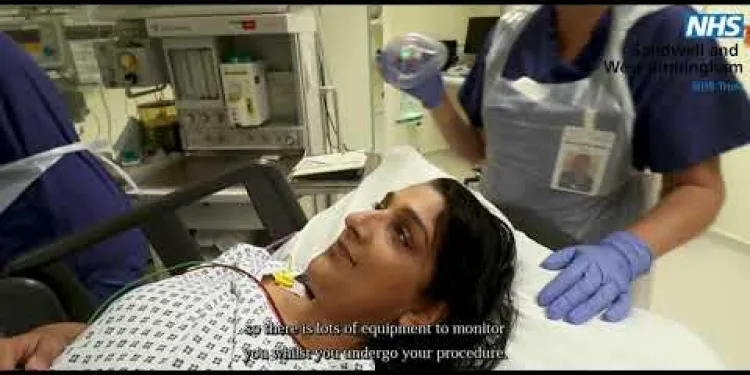
What to expect when visiting our hospitals for surgery | Theatres
Relevance: 6%
-

Having an anaesthetic for your operation - for over 8s
Relevance: 6%
-
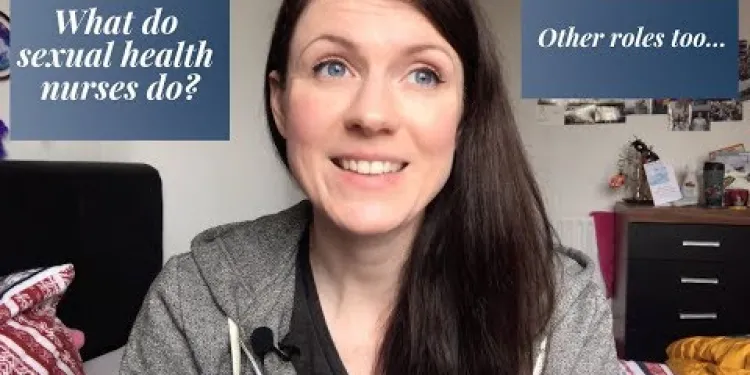
The Different Roles in Sexual Health and Family Planning UK
Relevance: 5%
-
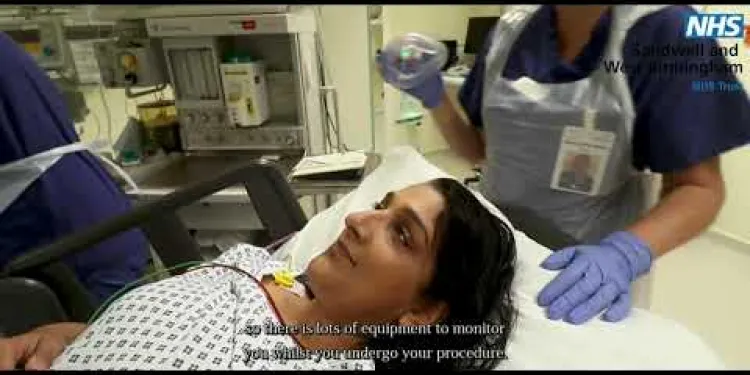
What to expect when visiting our hospitals for surgery | Theatres
Relevance: 5%
-
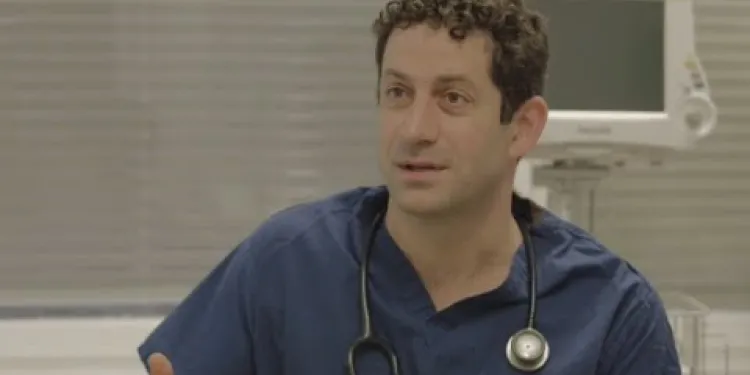
What to expect on the day of your operation
Relevance: 5%
-

Who should avoid using caffeine pouches?
Relevance: 5%
-

Where can I find support for managing Type 2 Diabetes in the UK?
Relevance: 4%
-
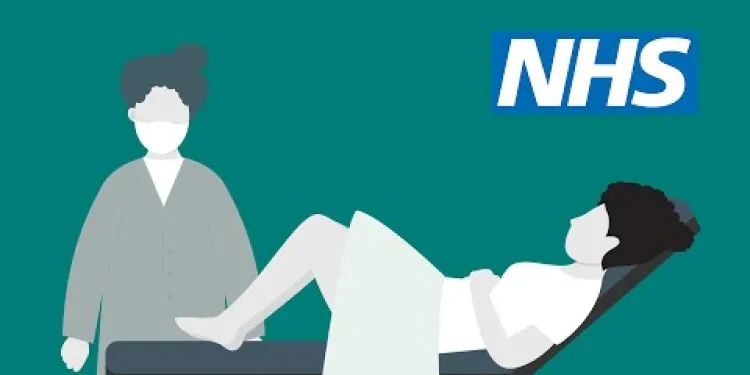
Cervical screening: how it's done | NHS
Relevance: 4%
-

How the Shortage of GPs is Affecting Patient Care Across the UK
Relevance: 4%
-

What is a stoma bag?
Relevance: 4%
Introduction to Nursing Qualifications
Becoming a nurse in the United Kingdom is a rewarding career choice that requires specific educational qualifications. GCSEs and A-Levels form the foundation of these requirements, playing a crucial role in the pathway towards a career in healthcare. This guide will detail the necessary GCSEs and A-Levels for aspiring nurses.
GCSE Requirements
GSCEs (General Certificate of Secondary Education) are important stepping stones in any UK educational journey. For those aspiring to become nurses, certain subjects and grades are essential. Most nursing programs require at least five GCSEs at grade 4 (C) or above. English Language, Mathematics, and Science are typically mandatory subjects because they underpin the necessary skills needed in nursing education and practice.
English proficiency is crucial for effective communication within the healthcare setting, while Mathematics is important for calculating medication dosages and other numerical tasks. Science, particularly Biology, provides a foundational understanding of human biology and healthcare concepts.
A-Level Requirements
Following successful completion of GCSEs, the next step is A-Levels (Advanced Level qualifications), which are more advanced secondary school qualifications. Although the specific A-Level subjects required can vary depending on the nursing program or university, there are common recommendations.
Biology is a strongly recommended A-Level subject as it directly relates to the medical and healthcare fields, providing a deeper understanding of how the human body functions. Additionally, Psychology or Sociology can be beneficial, offering insights into human behaviour, which is crucial for patient interaction and understanding healthcare dynamics. While Chemistry and Mathematics might not be explicitly required, taking them could prove advantageous, particularly for specialized fields in nursing.
Alternative Pathways
For those who don't have the traditional qualifications, there are alternative routes into nursing. Access to Higher Education (HE) Diplomas in Nursing or Health Professions are popular options. These courses are designed for individuals who wish to pursue a degree in nursing but lack the standard A-Level qualifications. Additionally, relevant work experience and vocational qualifications can bolster an application to nursing programs.
Conclusion
The pathway to becoming a nurse in the UK involves a clear educational trajectory starting with key GCSE subjects followed by strategic A-Level choices. While Biology, English, and Maths are critical subjects, keeping options open with related fields like Psychology can be beneficial. Understanding the variety of pathways available can help aspiring nurses make informed decisions that best suit their individual circumstances and career goals. Regardless of the route, a commitment to healthcare and improving patient outcomes remains the core of nursing education.
Introduction to Nursing Qualifications
Being a nurse in the UK is a great job. To be a nurse, you need to pass certain exams. You start with GCSEs and move on to A-Levels. This guide will explain what exams you need to take to become a nurse.
GCSE Requirements
GCSEs are important tests you take in school. To become a nurse, you need to pass at least five GCSEs. You need to get at least a grade 4 (C) or higher. Three important subjects are English Language, Maths, and Science. These help you learn important skills for being a nurse.
English helps you talk to patients. Maths is useful for working out medicine amounts. Science, especially Biology, teaches you about the human body and health.
A-Level Requirements
After GCSEs, you can take A-Levels. These are harder subjects you study in school. Different nursing programs ask for different A-Levels.
Biology is a good A-Level to choose because it helps you learn about the body. Psychology or Sociology can also help. They teach you about people and how they behave. Some students also choose Chemistry and Maths to learn more for special nursing jobs.
Alternative Pathways
If you don't have the usual exams, there are other ways to become a nurse. You could take an Access to Higher Education Diploma in Nursing or Health. These are courses for people who want to study nursing but don't have A-Levels. Having experience working in healthcare can also help you get into a nursing program.
Conclusion
To be a nurse in the UK, you need to start with the right GCSEs and choose helpful A-Levels. Choose subjects like Biology, English, and Maths. Other subjects like Psychology can also help. Knowing the different ways to become a nurse can help you make the best choice for you. No matter which way you choose, caring for patients is the most important part of being a nurse.
Frequently Asked Questions
What GCSE subjects are important for becoming a nurse?
For nursing, it is important to have GCSEs in English, Mathematics, and Science, typically Biology or Combined Science.
What grades do I need in my GCSEs to pursue a nursing degree?
Most nursing programs require at least a grade 4 or 5 (C) in GCSE English, Mathematics, and Science.
Are there specific A-Level subjects required for a nursing degree?
While specific A-Level subjects are not always required, Biology or other science subjects can be advantageous for a nursing degree.
Do universities look for specific GCSEs for nursing?
Yes, universities typically require English, Maths, and preferably Science at GCSE level for nursing courses.
How important is it to have a science A-Level for nursing?
Having a science A-Level, especially Biology, can strengthen your application for a nursing program.
Can I become a nurse without A-Levels?
Yes, you can enter nursing through alternative qualifications such as BTEC qualifications in Health and Social Care, provided they meet the university's entry requirements.
What alternative qualifications can I pursue instead of A-Levels for nursing?
BTEC National Extended Diploma in Health and Social Care, Access to Higher Education Diploma in Nursing, or equivalent qualifications are alternatives to A-Levels.
Do I need to have a GCSE in Biology to become a nurse?
While not always mandatory, a GCSE in Biology or Combined Science is highly recommended to understand the scientific aspects of nursing.
Is it possible to pursue nursing with a BTEC qualification?
Yes, many universities accept BTEC qualifications in relevant subjects like Health and Social Care as part of their nursing program entry requirements.
Do nursing schools require a specific number of UCAS points?
Yes, nursing programs typically require a certain number of UCAS tariff points, which can vary by institution.
What A-Level grades are needed for a nursing degree?
A-Level grades typically required for nursing courses range from CCC to ABB; however, this may vary by university.
Is it necessary to have A-Level Psychology for nursing?
While A-Level Psychology is not necessary, it can provide useful insights into patient care practices.
Which GCSEs should I focus on to increase my chances of getting into nursing?
Focus on achieving strong grades in GCSE English, Mathematics, and Science as these are critical for nursing applications.
What role does an Access to Higher Education Diploma play in becoming a nurse?
An Access to Higher Education Diploma in Nursing is a recognized pathway for adult learners and those without traditional qualifications to enter nursing.
Can vocational qualifications be used to enter a nursing degree program?
Yes, vocational qualifications like BTECs in Health and Social Care are widely accepted for entry into nursing degrees.
How important is it to have GCSE Mathematics for nursing?
GCSE Mathematics is essential for nursing as it demonstrates numerical capability, which is crucial for tasks such as medication dosage calculations.
Are A-Level Chemistry and Physics required for a nursing degree?
A-Level Chemistry and Physics are not required but having any science background can be beneficial.
Can I become a nurse with only GCSEs?
GCSEs alone are not sufficient; you need further education like A-Levels, BTECs, or an Access to Higher Education Diploma.
Is a GCSE in English Literature useful for nursing?
While not essential, a GCSE in English Literature can help improve communication skills, which are important for nursing.
What is the most beneficial A-Level subject for a nursing career?
Biology is often considered the most beneficial A-Level subject, as it provides foundational knowledge relevant to healthcare and nursing.
What school subjects do you need to become a nurse?
Do you want to be a nurse? Here are the school subjects that can help you:
- Science: Science helps you learn about the body. Biology is very important.
- Math: Math is useful for things like counting medicine.
- English: English helps you talk and write clearly.
Ask your teacher for help if you find it hard. Using a calculator for math or reading books about health can help too!
If you want to be a nurse, you need to have passed some school exams. These exams are called GCSEs. You need to pass English, Math, and Science. For Science, it can be Biology or something called Combined Science.
What GCSE grades do I need to study nursing?
To study nursing, you need to do well in your GCSEs. Here are some subjects and grades you should aim for:
- English: Try to get at least a grade 4 or higher.
- Maths: Aim for a grade 4 or higher too.
- Science: It's good to get a grade 4 or higher.
If you find it hard to study, here are some tips:
- Ask a teacher or friend for help if you don’t understand something.
- Use flashcards to remember important facts.
- Take breaks and have a snack if studying gets tough.
Most nursing programs ask for at least a grade C or a 4 or 5 in GCSE English, Maths, and Science.
Do you need certain A-Level subjects to study nursing?
For a nursing degree, you don't always need certain A-Level subjects. But studying Biology or other science subjects can help you.
What GCSEs do you need for nursing at university?
Yes, you usually need to have GCSEs in English and Maths to study nursing at university. It's also good if you have one in Science.
Do you need science A-Level to be a nurse?
Having a science A-Level, especially Biology, can help you apply for a nursing program.
Can I be a nurse without A-Levels?
Yes, you can! Here is how:
- You can take other courses. These are like A-Levels, but different.
- Ask about "Access to Nursing" courses. They help you learn what you need to be a nurse.
- You can take an apprenticeship. This is where you work and learn at the same time.
Talk to a career advisor. They can help you find the best way for you.
You can also use these tools:
- Mind maps: Draw ideas to help you remember.
- Flashcards: Use cards to remember words and facts.
- Apps: Try using apps to make learning fun.
Yes, you can study to be a nurse using different qualifications. You can use BTEC qualifications in Health and Social Care if they meet what the university asks for.
What other courses can I take to become a nurse instead of A-Levels?
If you want to be a nurse, but don't want to do A-Levels, there are other courses you can take. You can do a BTEC in Health and Social Care or an NVQ in Health. These are like different paths to become a nurse.
Ask a teacher or a career helper about what you can do. They can help you choose the right course. Also, try to get some experience by volunteering at a hospital or care home.
Using tools like a mind map or flashcards can help you study. Also, ask for help if you find something hard to understand. It’s okay to ask questions!
You can choose different courses instead of A-Levels, like the BTEC National Extended Diploma in Health and Social Care. You can also do the Access to Higher Education Diploma in Nursing or other similar courses.
Do I need a Biology GCSE to be a nurse?
To be a nurse, having a GCSE in Biology can help, but it is not always needed. You often need good grades in English, Maths, and Science.
Check what the college or university needs before you apply. They can tell you the exact subjects and grades you need.
If reading is hard, ask for help from a teacher or use an app that reads text out loud.
It's not always needed, but having a GCSE in Biology or Combined Science can really help. It makes it easier to understand the science part of nursing.
Can I become a nurse with a BTEC qualification?
Yes, you can become a nurse with a BTEC qualification. Here are some steps and tips to help you:
- Check with the nursing school you want to go to. See if they accept BTEC qualifications.
- Look for courses that help people with BTEC qualifications become nurses.
- You might need to study more subjects or do extra training.
- Talking to a teacher or career advisor can help you understand what you need to do.
- Using online tools like videos or easy-to-read guides can help you learn more.
Remember, there are many ways to become a nurse. Keep trying and ask for help if you need it!
Yes, many universities accept BTEC qualifications. If you have studied something like Health and Social Care, it can help you get into a nursing program at university.
Here are some tips to help you understand:
- Read slowly and take your time.
- Ask someone to read with you.
- Use a ruler or finger to follow the words.
- Look up words if you don't know them.
Do nursing schools need a certain number of UCAS points?
Nursing schools might ask for UCAS points to join.
UCAS points show what you got in your school exams.
Each school can ask for a different number of points.
Check with the school to know how many points you need.
You can also ask a teacher or career helper for advice.
Yes, to get into nursing programs, you usually need a certain number of UCAS points. Different schools might need different amounts.
Tips and Tools: - Use a dictionary to understand new words. - Ask a teacher or friend for help if needed. - Break down long sentences into smaller parts.What grades do I need to study nursing at A-Level?
To become a nurse, you need to study hard in school. Here is what you usually need:
- You often need at least two or three A-Levels.
- At least one of these should be in a science subject, like Biology.
- Try to get good grades, like A, B, or C.
If you find reading hard, there are tools that can help you:
- Use audiobooks to listen to the information.
- Ask a teacher or friend to explain things to you.
- Use a computer program that reads text aloud.
Remember, working hard and asking for help can make learning easier!
To study nursing, many schools ask for grades between CCC and ABB. But not all schools need the same grades, so it can be different.
Do you need A-Level Psychology to be a nurse?
You do not need A-Level Psychology, but it can help you understand how to take care of people better.
Which GCSEs are important for becoming a nurse?
It is important to get good grades in GCSE English, Mathematics, and Science. These subjects are very important if you want to become a nurse.
How does an Access to Higher Education Diploma help you become a nurse?
An Access to Higher Education (HE) Diploma is a course you can take. It helps you prepare for university. If you want to become a nurse, this course can be very helpful.
Why is it helpful?
- It teaches you important skills you need for university.
- You learn about health and science, which are important for nursing.
- It shows you how to study, so you can do well in your nurse training.
Support Tools:
- Ask a teacher or tutor if you need help.
- Use a calendar to keep track of assignments and tests.
- Find study groups to learn with others.
An Access to Higher Education Diploma in Nursing helps adults and people who don't have the usual school qualifications start learning to become a nurse.
Can job training help you study to be a nurse?
If you have special job training or certificates, you might be able to use them to start learning to be a nurse. You can talk to teachers or helpers at the school to find out more.
Here are some tips to help you:
- Ask someone who knows about the school for help.
- Use pictures and charts to understand better.
- Take notes and use highlighters to remember important things.
Yes, having a qualification like a BTEC in Health and Social Care can help you get into a nursing course at college or university.
Do you need GCSE Maths to be a nurse?
Having GCSE Maths can be very helpful if you want to be a nurse. It is often needed when you apply for nursing courses. Maths helps you with important skills like measuring medicine doses and keeping accurate records.
If you find Maths hard, don't worry! You can use tools like calculators or ask for help from teachers or friends. There are also apps and websites that can make learning Maths fun and easy!
To become a nurse, you need to be good at math. This is important because nurses use math to give the right amount of medicine to patients.
Do you need A-Level Chemistry and Physics to study nursing?
You don't have to study A-Level Chemistry or Physics, but learning any science can help you.
Can I be a nurse with just GCSEs?
Do you want to be a nurse? Here’s what you need to know:
1. You need more than just GCSEs to be a nurse.
2. Most people need to go to college and study more after GCSEs. This is called getting "A-levels" or a "BTEC."
3. After college, you usually need to go to university to learn how to be a nurse.
Here’s how you can get help:
- Talk to a teacher or a career advisor.
- Look online for information about nursing courses.
- Ask someone you trust for advice.
GCSEs are not enough by themselves. You need more learning, like A-Levels, BTECs, or an Access to Higher Education Diploma.
Is it helpful to have an English Literature GCSE for nursing?
Do you need to study English Literature to be a nurse? No, you don't. You need different skills and subjects for nursing. But knowing English can still help you. It can help you read and write better.
If you find reading hard, you can try:
- Listening to audiobooks
- Reading with a buddy
- Using simple word lists
A GCSE in English Literature is not needed, but it can help you talk and write better. Being good at talking and writing is important for being a nurse.
Which A-Level subject is best for a nursing job?
If you want to be a nurse, some A-Level subjects can help you more than others.
Biology is a good choice. It helps you learn about the human body and how it works.
You might also find Chemistry helpful. It teaches you about medicines and how they work.
Another good subject is Maths. It helps you with numbers and solving problems.
If reading is hard, you can ask someone to help you. You can also use tools on the computer to read the text out loud. This can make learning easier.
Biology is a really good subject to study for A-Level. It helps you learn important things that are useful for jobs in healthcare and nursing.
Useful Links
- Ergsy carfully checks the information in the videos we provide here.
- Videos shown by Youtube after a video has completed, have NOT been reviewed by ERGSY.
- To view, click the arrow in centre of video.
- Most of the videos you find here will have subtitles and/or closed captions available.
- You may need to turn these on, and choose your preferred language.
- Go to the video you'd like to watch.
- If closed captions (CC) are available, settings will be visible on the bottom right of the video player.
- To turn on Captions, click settings .
- To turn off Captions, click settings again.
More Items From Ergsy search
-

What GCSEs or A-Levels do I need to become a nurse?
Relevance: 100%
-

What types of nursing degrees can I pursue?
Relevance: 90%
-

What are the basic educational requirements to become an NHS nurse?
Relevance: 86%
-

How can I become an NHS Nurse in the UK?
Relevance: 83%
-

What are the career progression opportunities for NHS nurses?
Relevance: 79%
-

Can I become a nurse in the NHS with a nursing diploma?
Relevance: 74%
-

Are there any apprenticeship routes to becoming an NHS nurse?
Relevance: 69%
-

Is there a minimum age requirement to start nurse training?
Relevance: 60%
-

Can I become an NHS nurse if I have international nursing qualifications?
Relevance: 60%
-

How long does it take to become an NHS nurse?
Relevance: 59%
-

What support systems are available to NHS nurses for continuing professional development?
Relevance: 59%
-

Do I need to be registered with the Nursing and Midwifery Council (NMC) to work as an NHS nurse?
Relevance: 58%
-

What skills are important for a career in nursing?
Relevance: 56%
-

What is the process for applying to a nursing degree course?
Relevance: 51%
-

How important is work experience for entering a nursing program?
Relevance: 48%
-

What funding options are available for nursing students in the UK?
Relevance: 47%
-

Is it possible to study nursing part-time?
Relevance: 43%
-

Can I specialize in a certain area of nursing with the NHS?
Relevance: 43%
-

The role of residential and nursing homes
Relevance: 37%
-

How do I choose a good nursing home?
Relevance: 35%
-

The role of residential & nursing homes
Relevance: 32%
-

How do I choose a good bursing home
Relevance: 32%
-

How physically demanding is a career in NHS nursing?
Relevance: 30%
-

GP Nursing Most Common Medications UK.
Relevance: 29%
-

Can I attend open days to learn more about nursing programs in the UK?
Relevance: 20%
-

South London Arrhythmia Nurses Forum (16 June 2022)
Relevance: 18%
-

Who can administer Botox?
Relevance: 15%
-

My General Anaesthetic: What's Going To Happen? Sarah's Story at Worcestershire Royal Hospital.
Relevance: 6%
-

What support is available for individuals diagnosed with bowel cancer?
Relevance: 6%
-

What support is available for people with stoma bags?
Relevance: 6%
-

What to expect when visiting our hospitals for surgery | Theatres
Relevance: 6%
-

Having an anaesthetic for your operation - for over 8s
Relevance: 6%
-

The Different Roles in Sexual Health and Family Planning UK
Relevance: 5%
-

What to expect when visiting our hospitals for surgery | Theatres
Relevance: 5%
-

What to expect on the day of your operation
Relevance: 5%
-

Who should avoid using caffeine pouches?
Relevance: 5%
-

Where can I find support for managing Type 2 Diabetes in the UK?
Relevance: 4%
-

Cervical screening: how it's done | NHS
Relevance: 4%
-

How the Shortage of GPs is Affecting Patient Care Across the UK
Relevance: 4%
-

What is a stoma bag?
Relevance: 4%